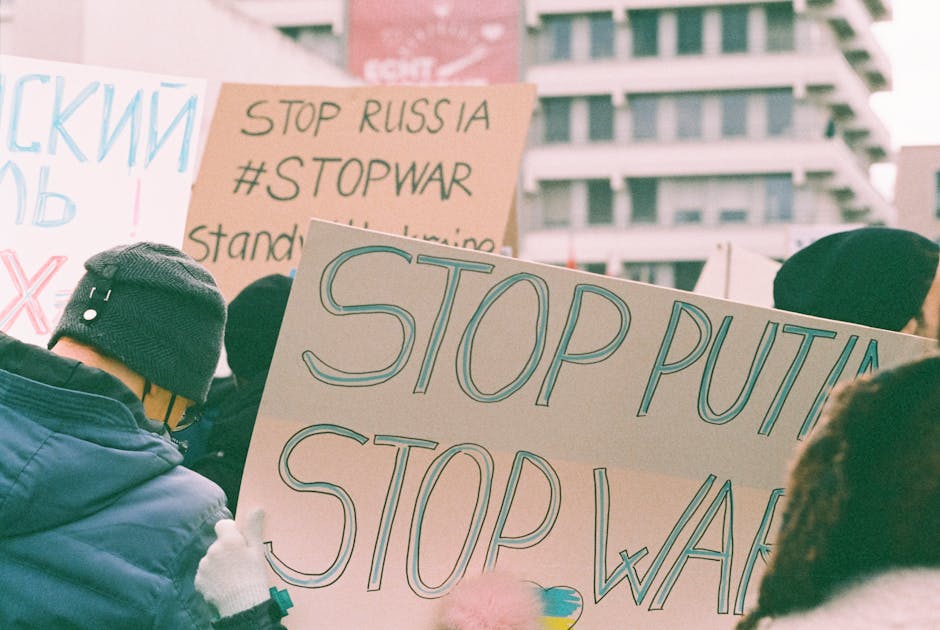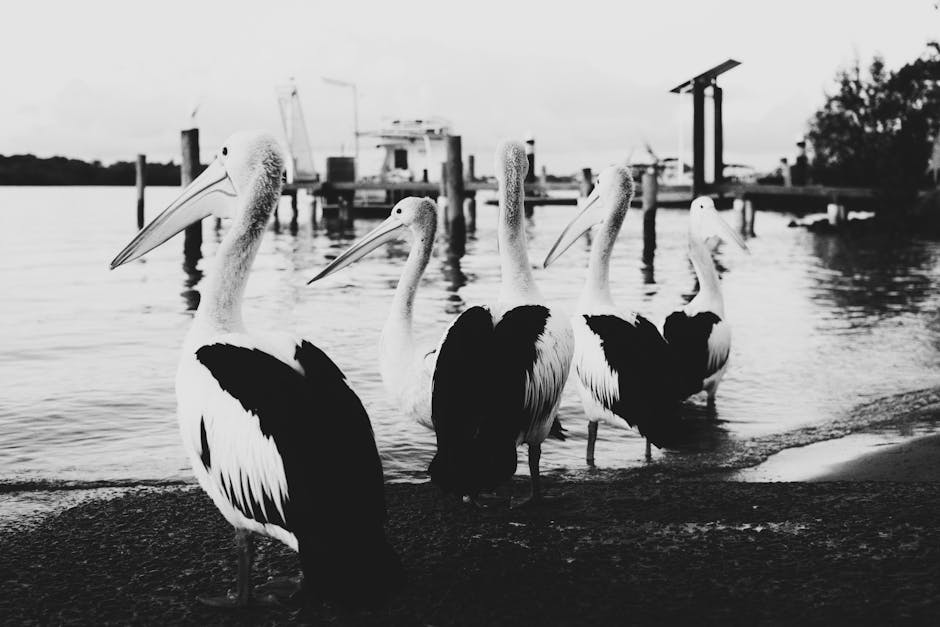What China Fears Most: Not Trump – But Who Comes After Xi Jinping?
In the high-stakes arena of global geopolitics, China’s leadership is often fixated on external threats—trade wars with the U.S., tensions over Taiwan, or rivalries in the Indo-Pacific. Yet, behind the scenes, Beijing’s greatest anxiety may not be foreign adversaries like Donald Trump or Joe Biden, but an internal question looming over the Communist Party: Who will succeed Xi Jinping?
With President Xi tightening his grip on power—abolishing term limits and centralizing authority—the lack of a clear successor has sparked whispers of uncertainty in China’s secretive political corridors. For a regime that prioritizes stability above all, an opaque succession plan could be its biggest vulnerability.
The Xi Jinping Era: A Leader With No Successor
Xi’s rise marked a dramatic shift from China’s post-Mao tradition of collective leadership and orderly transitions. In 2018, he scrapped presidential term limits, positioning himself as a leader for life—akin to Mao Zedong. His anti-corruption campaigns, while popular, also eliminated potential rivals, leaving no obvious heir.
Unlike predecessors Jiang Zemin and Hu Jintao—who groomed successors—Xi has not endorsed a protégé. This void raises critical questions:
– Will China face a destabilizing power struggle?
– Could factional infighting weaken the Party’s control?
Why Succession Matters More Than U.S. Presidents
While U.S. elections dominate headlines, China’s leadership prioritizes internal continuity over White House occupants. Though American policies may shift, the Communist Party’s survival depends on a smooth transition—whenever it occurs.
History offers cautionary tales:
– Mao’s death (1976) triggered a violent power struggle before Deng Xiaoping emerged.
– Tiananmen Square (1989) was partly fueled by elite divisions.
Today, with Xi’s dominance, the stakes are higher. A chaotic transition could:
- Destabilize China’s Economy – Investors flee uncertainty, worsening growth concerns.
- Trigger Internal Purges – Factional clashes could mirror Mao’s Cultural Revolution.
- Invite External Pressure – A distracted Beijing might embolden Taiwan, the U.S., or India.
Possible Successors – And Why They Fall Short
Rumored contenders lack Xi’s stature:
– Chen Min’er (Tianjin Party Secretary) – Loyal to Xi, but lacks national clout.
– Hu Chunhua (Vice Premier) – Tied to Hu Jintao, making him an unlikely Xi pick.
– Li Qiang (Premier) – Pro-business but unproven in crises.
The absence of a clear frontrunner suggests Xi may delay naming a successor—or risk instability by appointing another strongman.
The West Misunderstands China’s Biggest Threat
Western analysts often focus on China’s external rivalries, assuming U.S. pressure or military conflicts are Beijing’s top concerns. But the Communist Party’s survival hinges on internal unity. A turbulent transition could fracture the system faster than any foreign adversary.
Conclusion: The Unanswered Question
Xi Jinping, now in his 70s, shows no signs of stepping down. Yet time is unrelenting. The longer China postpones addressing succession, the higher the risk of chaos. For Beijing, the true test won’t be Trump’s return or a U.S. trade war—but whether the Party can navigate its most critical leadership transition in decades without unraveling.
The world is watching, but China’s elites may be watching each other even more closely.




